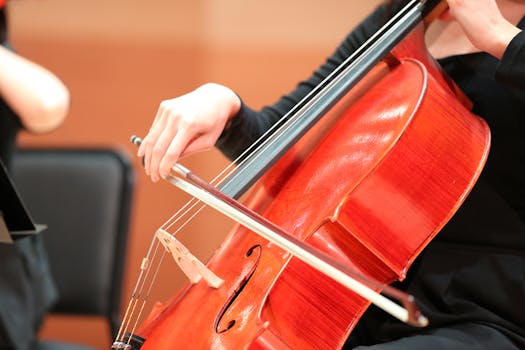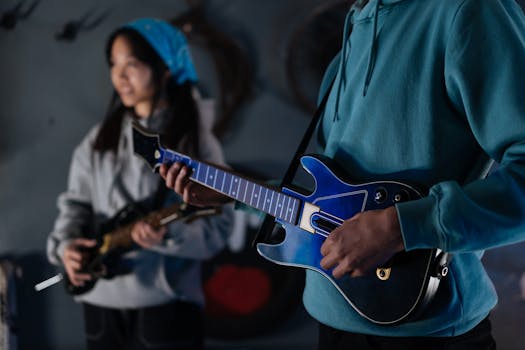Psychological Impact of Music in Gaming Experiences
Music plays a pivotal role in enhancing the gaming experience, influencing players' emotions and behaviors more profoundly than one might first assume. In the realm of video games, music is not just background noise; it's a crucial element in creating an immersive environment and manipulating psychological responses. This article delves into the psychological impact of music in gaming, exploring how different approaches affect players and the overall gaming experience.
Enhancing Emotional Engagement Through Music
One of the primary roles of music in video games is to enhance emotional engagement. Music can evoke specific emotions, which helps to deepen a player's connection to the game. For instance, a soaring, heroic theme music during a battle scene can make the player feel powerful and invigorated, while a slow, melancholic score can enhance the emotional impact of a sad narrative moment.
Advantages:
- Increased Immersion: Music makes game environments more compelling and realistic, thereby increasing the player's immersion.
- Emotional Depth: Appropriate musical scores can add layers of emotional depth, making game narratives more impactful.
- Overpowering: Sometimes, music can overpower other important audio cues in the game, potentially confusing players.
- Repetition Annoyance: Repeated musical themes can become annoying, particularly in games requiring long hours to complete.
- Behavioral Conditioning: Music can condition players to react in certain ways. For example, a change in music can signal an impending enemy attack, prompting players to prepare for combat.
- Pacing and Flow: Musical cues can help manage the pacing of the game and maintain a flow that keeps players engaged.
- Predictability: If used excessively, musical cues that dictate player behavior can make a game predictable and reduce the challenge.
- Mismatch: Inappropriate music can disrupt the player's immersion and negatively affect the gameplay experience.
- Subtle Storytelling: Music can convey narrative elements subtly, enhancing the story without the need for dialogue or text.
- Memory Trigger: Familiar themes associated with specific characters or locations can serve as memory triggers, enhancing recall and emotional ties to the story.
- Dependency: Overreliance on music to convey narrative can lead to underdeveloped plotlines or character arcs if not supported adequately by other storytelling elements.
- Player Interpretation: Different players might interpret musical cues differently, which can lead to varied understandings of the narrative.
Disadvantages:
Practical Example: In games like "The Legend of Zelda," the music dynamically changes based on the player's location and actions, enhancing the emotional tone of each scene and encouraging deeper engagement with the game world.
Driving Gameplay and Player Behavior
Music in video games can also drive gameplay mechanics and influence player behavior. Fast-paced music can increase a player's heart rate, creating excitement and urgency, while slower tempos might be used to calm the player or signify safety.
Advantages:
Disadvantages:
Practical Example: In "Final Fantasy," battle scenes are often accompanied by faster, rhythmic music that matches the increased pace and intensity of combat, guiding the player’s emotional and physical responses to the situation.
Music as a Narrative Tool
Music also serves as a powerful narrative tool in video games. It can be used to foreshadow events, reveal character traits, or build the world without overt exposition.
Advantages:
Disadvantages:
Practical Example: In "BioShock," the use of period music not only sets the tone of the game’s setting, Rapture, but also subtly hints at the underlying themes of decay and dystopia.
Conclusion
The psychological impact of music in gaming experiences is profound, influencing everything from emotional engagement to narrative perception. While music enhances immersion and emotional depth, it must be carefully balanced to avoid overpowering the game or becoming a repetitive annoyance. Game developers should consider these factors to effectively use music, enhancing gameplay and storytelling without compromising the player's autonomy or experience.
For gamers and developers alike, appreciating and understanding the role of music can lead to richer, more engaging gaming experiences. Whether you're designing a game or simply playing one, consider how the music is affecting your experience and what it brings to your overall immersion in the game world.

.png)





